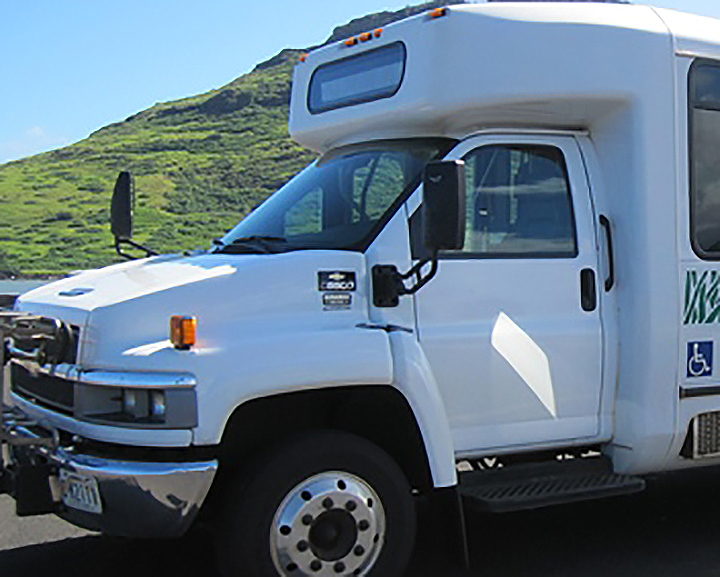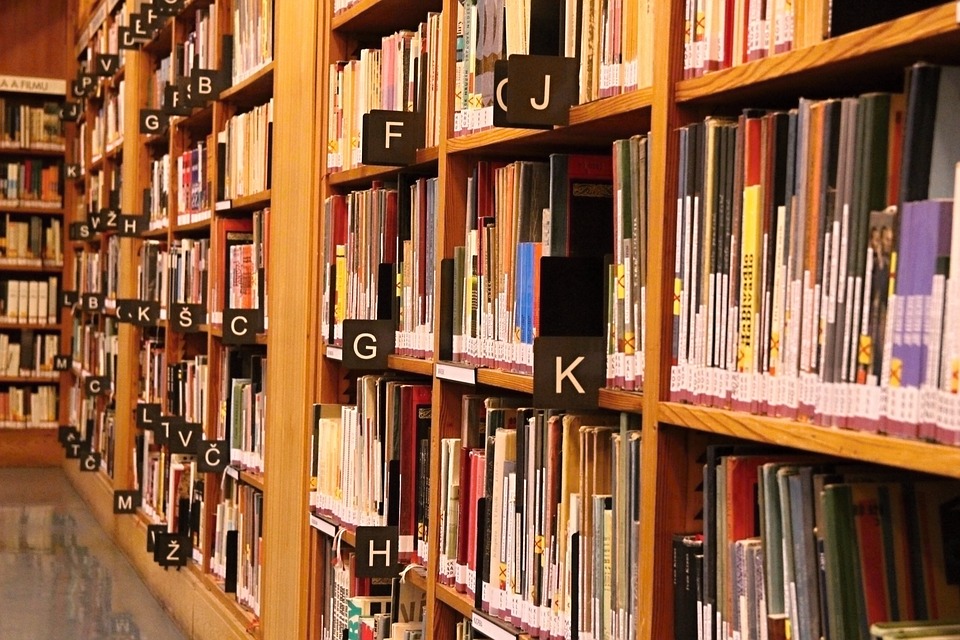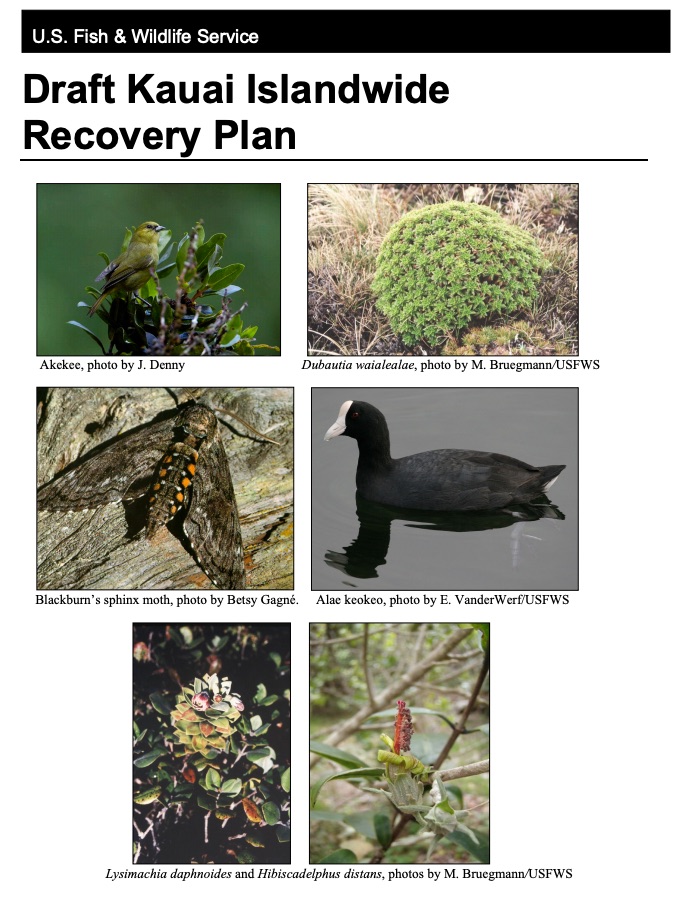
Conserving Plant Diversity through Community Stewardship
Kalo Field Day
Saturday, August 18th 9am-6pm
Kaua`i Community College Farm in Puhi
You Can Help
We are building a network of growers on Kaua`i who share the passion to keep cultural and plant diversity thriving into the 21st century. Many collections in the hands of many planters is an effective method of insuring that varieties survive the many challenges of each growing season. When you adopt a kalo variety, you will receive 4 or more huli (cuttings) to grow out. 4 huli can multiply into 10, 20, over even more over just one season. Then, we will help you to redistribute this wealth of planting material through the Kaua`i Community Seed Bank and our biannual seed & plant exchanges.
Hawaiian Legend
Wakea, Father Heaven, bore a child with Ho`ohokukalani, the Daughter of Earth. Born prematurely, the deformed infant, Haloa, was in the shape of a bulb. They buried the body at one corner of their hale. From his resting place grew the first kalo (taro) plant. The couple’s second-born child, also named Haloa, was a healthy boy who would become the ancestor of the Hawaiian people. Haloa was to respect and look after his older brother for all eternity. The elder Haloa, the root of life, would always sustain and nourish his young brother and all his descendants.
Kalo Diversity
Hawaiian planters developed approximately 300 different varieties of taro in the height of ancient times. This kind of Kalo diversity happened as a result of a need to feed the many people who lived in a multitude of Hawaii’s microclimates. It ensured that there would always be kalo roots to nourish the people. They were also prized family heirlooms. Today, only certain highly productive cultivars are used for the vast majority of Kalo production. We have already lost much of the ancient hawaiian diversity. Today, there are many people and organizations in Hawai`i working to discover, document, and preserve this sacred plant. On Kaua`i we have the farmers as well as caretakers at the University of Hawai`i Wailua Research Station to thank for their commitment to preserving this invaluable resource.
Even if you cannot attend Saturday’s event, we can get you planting material for these precious varieties. Please contact us at info@ribg.org for more information.
To view some photos from our first harvest this season, click here.
Discover more from ForKauaiOnline
Subscribe to get the latest posts sent to your email.





Leave a Reply